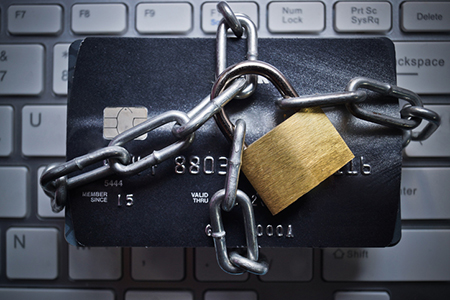
How to Deal with Unauthorized Credit Inquiries
Unauthorized credit inquiries are a sign that someone has fraudulently applied for credit in your name. They can hurt your credit score and make your financial life more difficult until they’re removed from your credit report.
A credit inquiry is a record that your credit report was accessed because you submitted a credit application somewhere.
The Fair Credit Reporting Act defines who can be granted legal access to your credit. These include you, a court order if you’re alleged to have caused credit damage, debt collectors, lenders, employers (with your permission) and insurance underwriters.
An unauthorized credit inquiry is when your credit is being used fraudulently by someone, such as running up a lot of charges quickly.
Checking your credit report often, such as for free every four months through one of the three main credit bureaus, can help you spot unauthorized inquiries.
Not recognizing a name on the inquiry doesn’t mean you’ve had your credit information stolen. It could be a collection agency that has pulled your report, which is one of the few times when your permission isn’t needed to get access to your credit report.
Removing unauthorized credit inquiries
If you think your credit reports have been accessed without your permission, you can have the unauthorized inquiries removed.
Start by disputing them with the three credit bureaus. If you think fraud is involved, make that clear in your dispute because credit bureaus must respond to those types of issues quickly.
If you think your personal information has been stolen by an identity thief who is trying to apply for fraudulent accounts in your name with unauthorized credit inquiries, ask the credit bureaus to put a security freeze on your credit reports.
The Consumer Financial Protection Bureau says that each state has its own rules about credit freezes and how much consumers must pay for them. It also provides phone numbers for the credit reporting companies Equifax, Experian and TransUnion to request a security freeze.
The credit freeze will take your credit reports out of circulation and won’t allow lenders that you don’t have a relationship with to access them.


